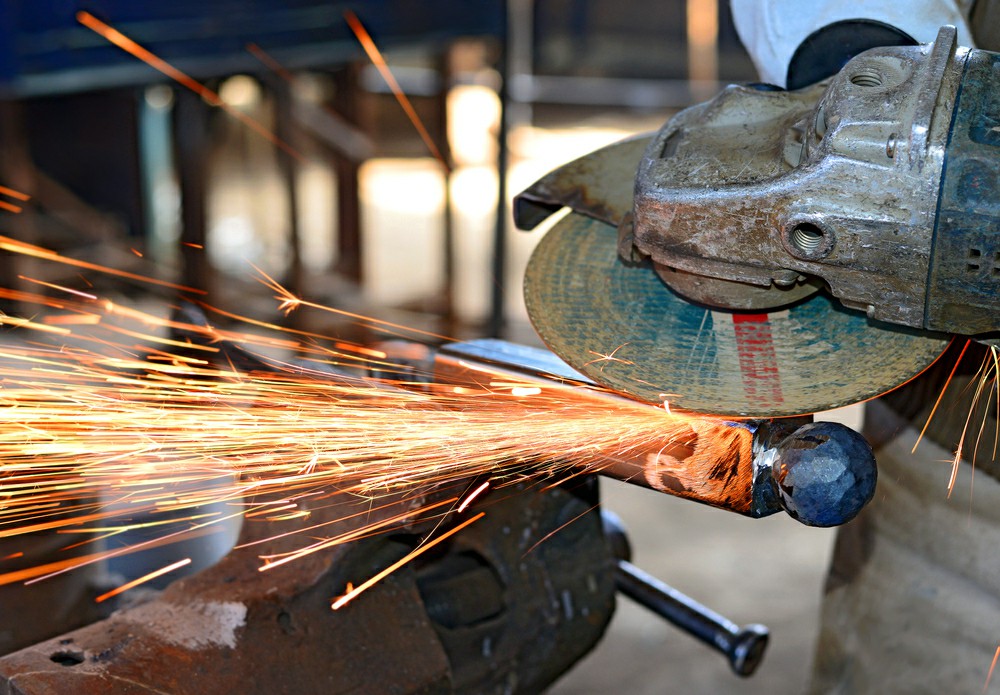The Essential Guide to Abrasive Wheels: Types, Uses, and Safety Strategies
Abrasive wheels are vital tools used across various industries, including construction, automotive, and manufacturing. Understanding the different types and their applications is crucial for maintaining safety and efficiency on the job. In this comprehensive guide, we’ll cover the different types of abrasive wheels, their applications, associated risks, and the importance of proper training in ensuring compliance with safety regulations in cities like Dublin, Cork, Galway, Limerick, and Waterford.
Types of Abrasive Wheels
Abrasive wheels come in various types, each designed for specific tasks. Here’s a closer look at the most common categories:
1. Cutting Wheels
- Applications: Primarily used for cutting metal and other hard materials in construction and metalworking.
- Risks: Overheating can lead to wheel breakage, and improper handling can cause kickback and injuries.
2. Grinding Wheels
- Applications: Ideal for grinding down or shaping materials like metal, ceramics, and glass.
- Risks: Improper mounting and excessive pressure can lead to wheel fractures and flying debris.
3. Polishing Wheels
- Applications: Used for finishing surfaces and giving materials a smooth, polished look.
- Risks: Overheating can cause damaging alterations to the material being polished, along with potential burns to the user.
Industry Applications of Abrasive Wheels
Abrasive wheels have widespread applications across various sectors:
- Construction: Used in cutting and shaping materials for building structures.
- Automotive: Essential for repairing and maintaining vehicles, particularly in grinding and cutting tasks.
- Manufacturing: Critical in the production line for refining material surfaces and ensuring quality control.
Safety Hazards Associated with Abrasive Wheels
Understanding the safety hazards of abrasive wheels is vital. Key risks include:
- Wheel Breakage: Caused by excessive speed, incorrect mounting, or wear and tear.
- Improper Handling: Can lead to accidents, including cuts, burns, and eye injuries from flying debris.
- Noise and Vibration: Prolonged exposure can lead to hearing loss and musculoskeletal disorders.
Preventing Accidents Through Proper Training
Training is essential in minimizing risks associated with abrasive wheels. Proper instruction includes:
- Safety Protocols: Training should cover the correct handling, mounting, and maintenance of abrasive wheels.
- Accident Prevention Techniques: Learning about hazard recognition can help workers identify potential dangers before they cause harm.
- Certification: Enrolling in certified abrasive wheels training programs in Dublin, Cork, Galway, and Limerick ensures compliance with local safety regulations.
The Role of Certified Training in Compliance
Obtaining certified abrasive wheels training helps professionals understand the complexities associated with these tools. Such courses offer:
- In-depth knowledge about different types of abrasive wheels and their correct applications.
- Information on the latest safety standards and regulations enforced in Ireland.
- Hands-on experience that prepares workers for real-life scenarios.
Conclusion: Invest in Safety and Training
Understanding the types and risks of abrasive wheels is crucial for organizations in Dublin, Cork, Galway, Limerick, Waterford, and other cities across Ireland. By prioritizing certified training, businesses not only comply with safety regulations but also create a safer working environment.
Ready to enhance workplace safety? Explore our Abrasive Wheels Course in Dublin today, and ensure your team is well-prepared to handle abrasive materials safely and efficiently. For more information, contact us at [email protected].



 349,500 Offered Certificates
349,500 Offered Certificates
 24/7 Online Training
24/7 Online Training
 Money Back Guarantee
Money Back Guarantee
 Fully Accredited Courses
Fully Accredited Courses
